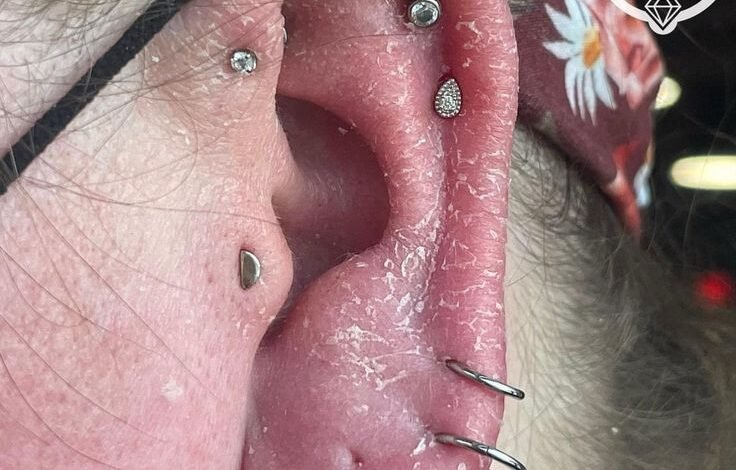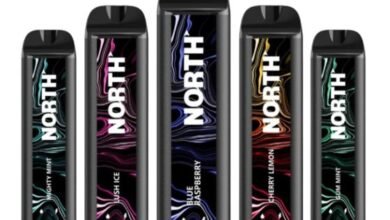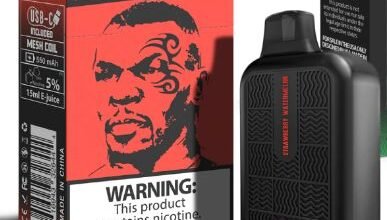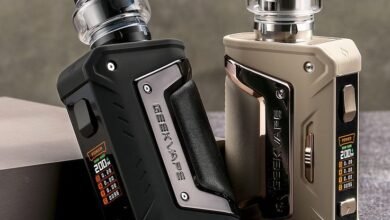Can You Get Piercings with Ear Eczema? – What You Need to Know
Can You Get Piercings with Ear Eczema? - What You Need to Know

For many, piercings are a meaningful form of self-expression. But if you’re living with ear eczema, you might wonder if getting a piercing is safe. Ear eczema, with its itchy, inflamed, and sometimes painful symptoms, raises valid concerns about the risks and potential complications associated with piercing.
This blog will address the compatibility of piercings with ear eczema. We’ll cover the risks, share expert advice, and provide practical tips for managing your condition at every stage of the piercing process. Plus, we’ll include real-life insights from individuals who’ve navigated this decision. By the end, you’ll have the information you need to make an informed choice.
Understanding Ear Eczema
Before jumping into whether or not you can get a piercing, let’s unpack what ear eczema is.
Ear eczema is a skin condition that affects various parts of the ear, including the outer ear, ear canal, and even the area behind and around the auricle. The symptoms vary but often include:
- Itchiness
- Redness or irritation
- Dry and flaky skin
- Cracked or weeping skin (in severe cases)
What Causes Ear Eczema?
The exact cause of ear eczema isn’t always clear, but common triggers include:
- Nickel and Metal Allergies—One of the top triggers for ear eczema, particularly around piercings.
- Cosmetic Products—Hair sprays, shampoos, or earrings coated with certain chemicals.
- Environmental Irritants—Cold weather, pollution, or even wind exposure.
- Stress—A well-known factor that can exacerbate existing eczema.
Understanding these triggers helps manage eczema and assess whether piercing your ears might worsen your symptoms.
Risks of Getting a Piercing With Ear Eczema
It’s important to consider the potential risks of getting a piercing if you have ear eczema. While piercing may be possible for some, your condition could increase the likelihood of complications.
Possible Complications
- Delayed Healing
Eczema-prone skin typically takes longer to heal. Piercings require your skin to close around the jewelry (usually 6-8 weeks for earlobes), and eczema might extend this timeline significantly.
- Increased Risk of Infection
Eczema can compromise your skin’s natural barrier, making it more vulnerable to bacteria. Add an open wound from piercing to the mix, and the risk of infection becomes much higher.
- Allergic Reactions
If metals like nickel are one of your triggers, wearing certain earrings could cause flare-ups. Even surgical-grade metals can occasionally irritate sensitive skin.
- Exacerbation of Eczema Symptoms
The trauma from piercing can irritate the surrounding eczema-affected skin, leading to more redness, itching, or even a widespread flare-up.
Understanding these risks is crucial as you weigh your options.
Expert Opinions on Piercing With Eczema
To help you make an informed decision, we gathered advice from dermatologists and piercing professionals.
Dermatologist’s Perspective
Dr. Elena Carr, a dermatologist specializing in eczema, says, “Piercings aren’t entirely off-limits for individuals with eczema, but timing and materials matter greatly. If someone is experiencing an active eczema flare-up, I’d strongly recommend postponing the piercing until their skin is calm and well-managed. Additionally, hypoallergenic jewelry is an absolute must.”
She emphasizes that preparing your skin well before piercing and keeping the area hydrated plays a critical role in minimizing complications.
Piercing Professional’s Take
Sam Alberts, a professional piercer with over a decade of experience, advises, “For those with eczema, I always recommend titanium or niobium jewelry, as they’re the least likely to cause irritation. It’s also essential to be upfront about your condition so we can take extra precautions during the process.”
Sam adds that regular post-piercing care—like gentle cleansing with saline solution—can protect eczema-prone skin.
Tips for Eczema Management Before, During, and After Piercing
If you decide to move forward with a piercing, proper preparation and care are key. Here’s how you can minimize risks and keep your eczema under control:
Before the Piercing
- Consult With Your Dermatologist
Get professional advice on whether your skin is ready for piercing. A doctor might recommend specific treatments to prepare your skin.
- Choose Hypoallergenic Jewelry
Stick to high-quality materials like titanium or niobium, as they’re less likely to trigger an allergic reaction. Avoid gold-plated or nickel-based jewelry.
- Moisturize Regularly
Hydrated skin heals better. Use an eczema-friendly moisturizer leading up to your appointment to strengthen your skin barrier.
During the Piercing
- Pick a Professional Studio
Make sure the studio adheres to strict hygiene standards. Don’t hesitate to ask piercers about their sterilization process.
- Inform the Piercer
Clearly communicate your condition and any allergies to ensure they take extra care.
- Request Minimal Trauma Techniques
Ask about piercing methods that cause less stress to the skin, such as using needles (vs. guns) for cleaner, more precise results.
After the Piercing
- Clean With Care
Avoid harsh antiseptics like alcohol or hydrogen peroxide. Instead, gently clean the piercing with saline solution.
- Monitor for Flare-Ups
Keep an eye out for redness, excessive itching, or discharge, and consult a dermatologist if symptoms worsen.
- Stay Moisturized
Continue using your eczema-safe moisturizer but avoid getting any product directly into the piercing. Vitamin E oil, if recommended by your doctor, could also help.
Real-Life Stories From Eczema Sufferers
To put things in perspective, here are stories from people with ear eczema who chose to get a piercing:
- Ashley, 28 (Earlobe piercing)
“I avoided metal jewelry altogether and went straight for titanium hoops. My healing was slow, but I didn’t experience flare-ups. Totally worth it!”
- Liam, 33 (Cartilage piercing)
“I tried getting a helix piercing during an active eczema flare-up. Disaster! It got so infected that I had to remove the earring. Learned my lesson—always wait until your skin is clear.”
These real-life experiences highlight how critical preparation and careful planning are.
Is Piercing With Ear Eczema Right for You?
Ultimately, the decision to get a piercing while managing ear eczema is highly personal. It boils down to assessing the current state of your skin, selecting the right materials, and committing to vigilant aftercare. With the proper precautions, many individuals can enjoy the self-expression that piercings provide without compromising their skin health.
If you have persistent doubts or need tailored medical advice, consulting a dermatologist is always the safest route. And remember, your long-term skin health is more important than any short-term aesthetic decision.
For more tips and resources on living with eczema, check out our Eczema Management Guide.



